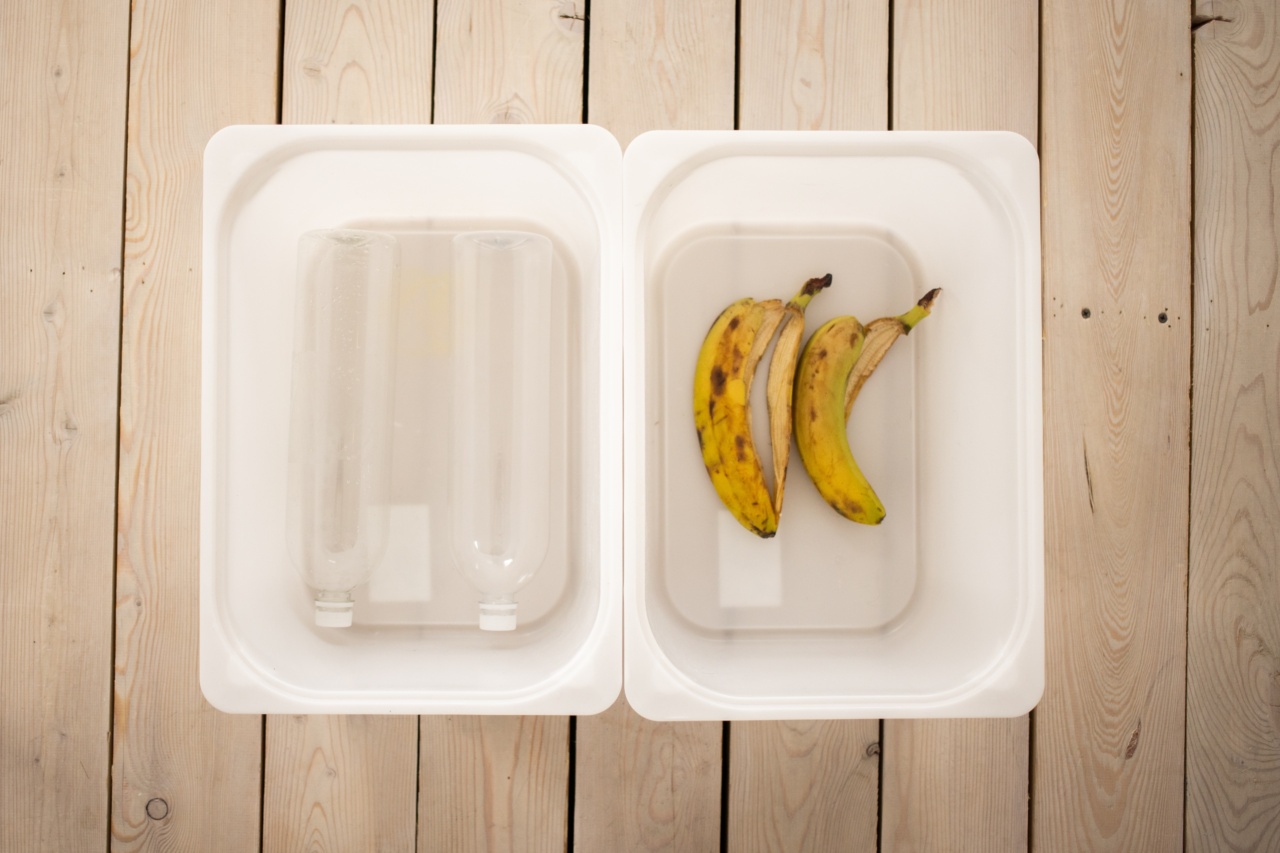If you’re taking any of the 85 different medications impacted by grapefruit, you might want to reconsider your morning grapefruit juice.
Grapefruit can have a significant impact on how your body absorbs certain medications, potentially leading to serious complications or unexpected side effects.
How Does Grapefruit Affect Medications?
When you eat grapefruit or drink grapefruit juice, a compound in the fruit called furanocoumarin enters your digestive system. Furanocoumarin is responsible for blocking the enzymes in your liver that metabolize certain medications.
This means that when you take those medications with grapefruit, more of the drug enters your bloodstream than your body might be able to handle, leading to potential complications.
Which Medications are Affected?
More than 85 different medications are known to be impacted by grapefruit as of 2021. Many of these medications are common and widely prescribed, including:.
- Statins, which are used to lower cholesterol
- Blood pressure medication
- Immunosuppressant drugs, which are used to treat autoimmune disorders
- Some antibiotics
- Anti-anxiety medications
- Some allergy medications
What are the Risks?
The impact of grapefruit on medication absorption can be unpredictable, and the side effects can be serious. Depending on the medication you’re taking, you may experience symptoms like:.
- Low blood pressure
- Increased heart rate
- Severe muscle pain
- Increased risk of bleeding or clotting
- Liver damage
In some cases, grapefruit may even cause your medications to become toxic, which can lead to hospitalization or other complications.
For these reasons, it’s important to talk to your doctor or pharmacist about whether or not you should avoid grapefruit while taking certain medications.
What Can You Do?
If you’re taking a medication that is impacted by grapefruit, there are a few steps you can take to protect yourself:.
- Talk to your doctor or pharmacist. They may be able to recommend an alternative medication that isn’t impacted by grapefruit.
- Avoid grapefruit and grapefruit juice when taking your medication. If you’re not sure whether or not your medication is impacted by grapefruit, ask your healthcare provider.
- Read medication labels carefully. Some medications will include warnings about grapefruit on their labels.
Conclusion
Grapefruit can have a significant impact on the effectiveness of many medications, and can lead to serious complications or side effects.
Whether you’re taking a prescription medication or an over-the-counter drug, it’s important to talk to your healthcare provider about whether or not you should avoid grapefruit while taking your medication. By taking the steps outlined above, you can help ensure that you’re using your medications safely and effectively.




























